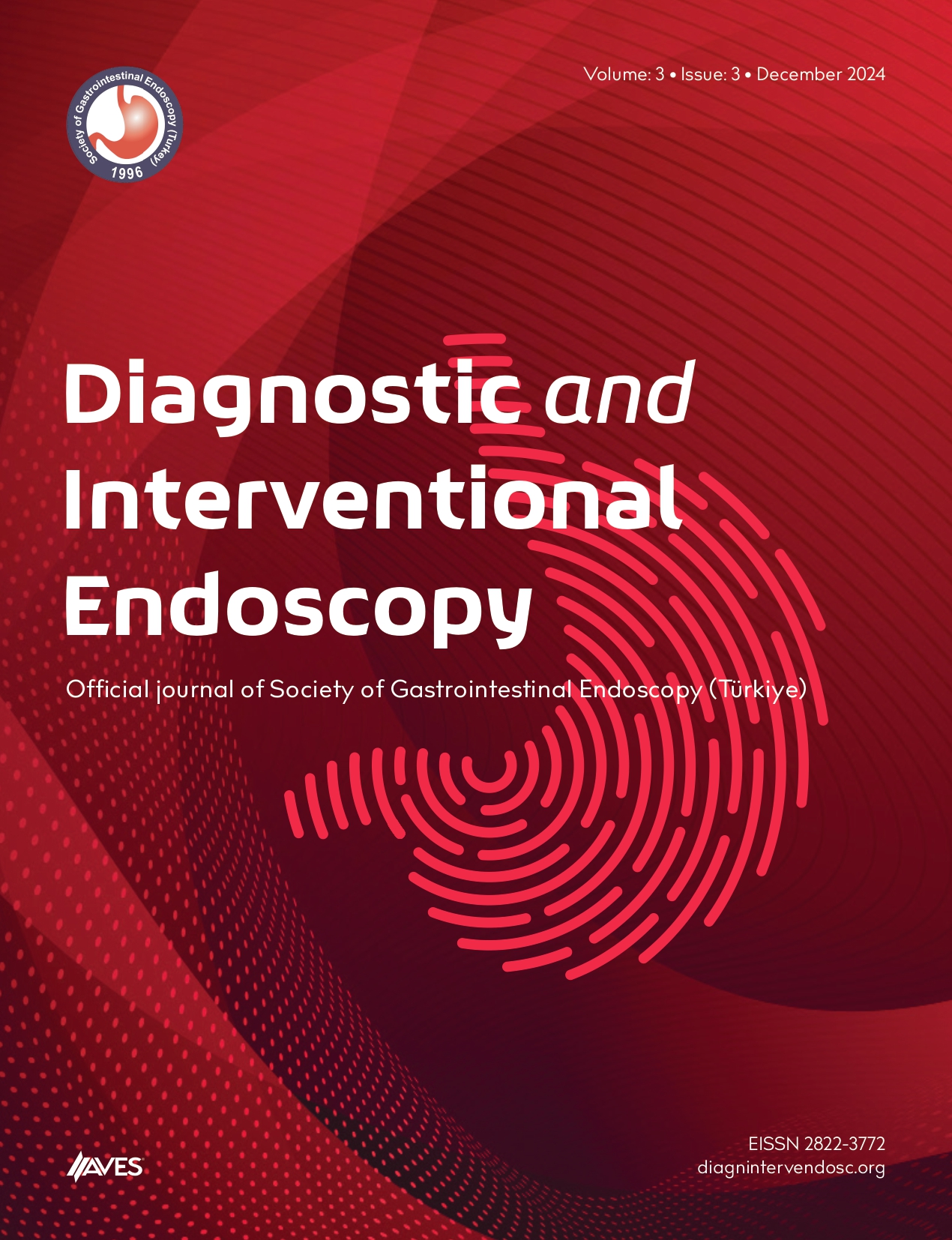Objective: Post-ERCP pancreatitis (PEP) is a recognized complication following endoscopic retrograde cholangiopancreatography (ERCP), with the inflammatory cascade playing a crucial role in the pathogenesis of PEP. Vitamin D, reported as a significant component of the immune system, influences inflammation and may correlate with acute pancreatitis. In this study, we aimed to investigate the role of vitamin D in the development of PEP.
Methods: This study analyzed the results of 147 consecutive patients with common bile duct stones treated with ERCP at Antalya Training and Research Hospital, Department of Gastroenterology. We compared demographic data and baseline vitamin D levels of patients who developed PEP with those of uncomplicated patients.
Results: Our findings indicate that baseline vitamin D levels were not associated with an increased risk of PEP in this cohort. Vitamin D levels were sufficient in only 25.9% of the study population.
Conclusion: Vitamin D deficiency is a common problem in the general population. Although this retrospective study did not reveal a correlation between vitamin D levels and PEP development, further studies would reveal more on this important topic.
Cite this article as: Duman A, Akca S, Buldukoglu OC, et al. Baseline vitamin D levels do not have any impact on post-endoscopic retrograde cholangiopancreatography pancreatitis: A retrospective cohort study. Diagn Interv Endosc. 2024;3(1):5-7.

.png)


.png)